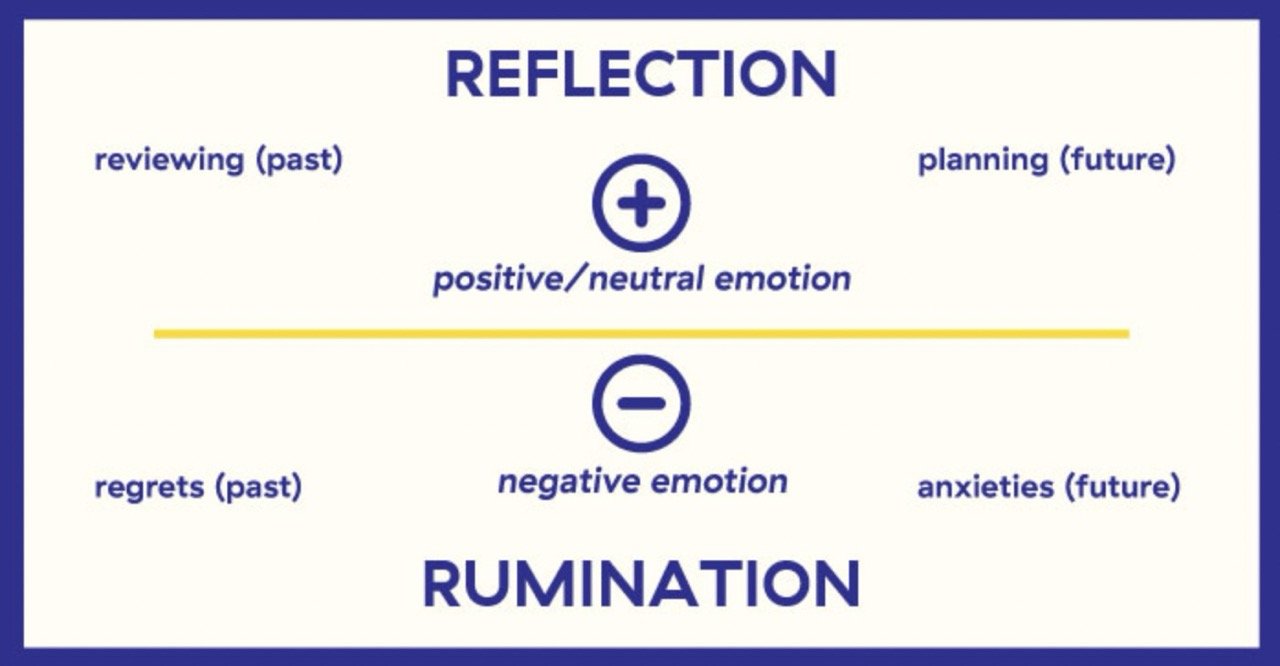Are you chewing the cud and stuck in a ruminating rut?
The origins of a word aren't something I often think about, reflect on, or even remember. This week though, the word rumination had me captive. The act of chewing the cud. Who knew that 'cud' was actually the term for the partially digested food that cows regurgitate and then chew again? So to chew something over and over is to ruminate.
Now you are a little wiser and potentially a little grossed out at the image I've just created for you, I'll explain why on earth I was looking at the meaning of rumination.
Would you say you have a stressful job?
Nicholas Petrie is a researcher and writer who specialises in leadership development and who I came across this week when I was given a link to his work on the subject of resilience.
He explains that stress and pressure are two different things. He describes that he would find two people same jobs, the same pressure, same demands being made on them and yet one would be managing the workload, the other tearing their hair out and 'stressed out'. Stress is our response to the pressure we are under and the difference between the person who is stressed and the one who isn't - you got it - rumination.
From Nicholas Petrie's whitepaper:
Rumination is the mental process of thinking over and over about something, which happened either in the past or could happen in the future, and attaching negative emotions to it. Ruminations about the future are associated with “what if this happens’”or “what if that happens”. Ruminations about the past replay, over and over, some awful experience you had and usually end with, “if only I had ...” or “I should have done ...”.
It is the negative association that is the key to this. It's not that you shouldn't reflect and learn about what has happened, nor is it suggesting that you don't need to plan - consciously planning means we achieve what we need to achieve. Rather, it is the constant hounding in our minds - that of dread, fear or anxiety about situations past or those in the future.
Ruminating makes you less productive - all that chewing the cud will not help you achieve any more in your day - rather, you'll achieve less. It also isn't good for your health. The release of adrenaline and cortisol associated with the fight or flight response has you living and functioning on the edge - not the place for problem-solving, collaborative working or big-picture thinking. It also weakens your immune system.
Now you know about the downside of ruminating you'll be able to tap into some ideas that will increase your productivity, help you manage the pressure and share this knowledge with your teams and those you work with.
The flip side to ruminating is reflection and that’s a whole other topic of wonder and joy. It’s one of the core habits and skills that wise leaders develop and use regularly. Here is a selection of blog posts on the topic to get you started.
My weekly emails are where I share ideas, along with resources, tools or general encouragement to keep going - because leading in healthcare isn’t a walk in the park.
If ruminating and how you handle your stress are barriers to you making the difference and the impact you know you can make, then I can help. I work with people in healthcare who are frustrated, stressed and worried and provide support and guidance so they feel proactive and know that they are making a positive difference. Let’s grab a virtual (or maybe even a face-to-face) coffee and chat about what’s getting in your way and keeping you awake at night. Book a free chat below.

